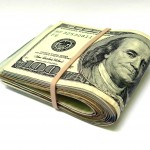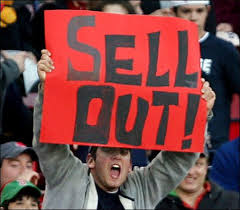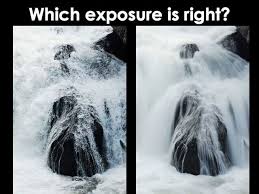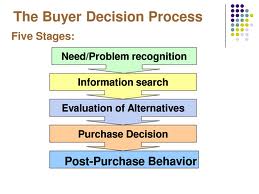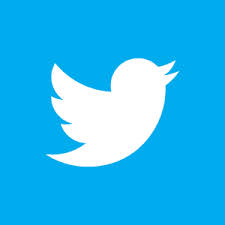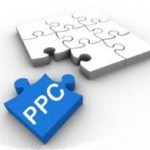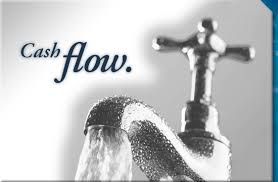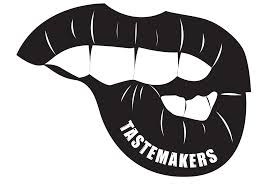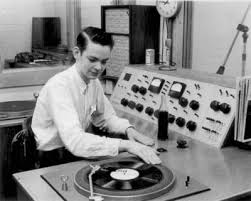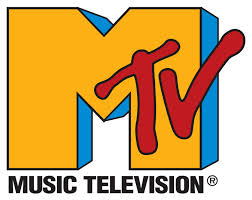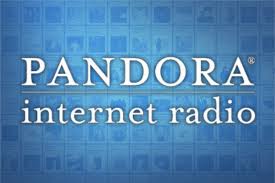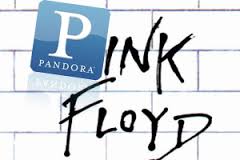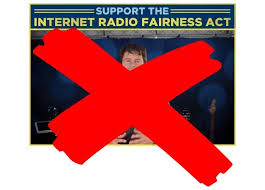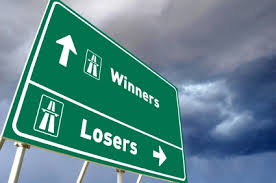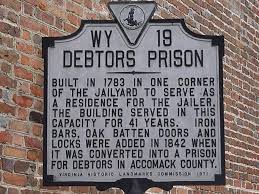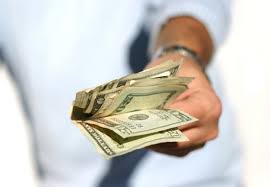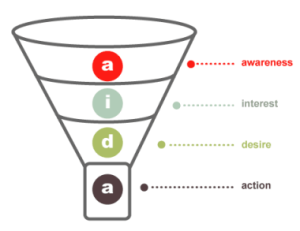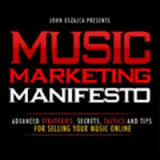By Johnny Dwinell
Twitter is an awesome surgical marketing tool
With over 250 million active users, you have an amazing FREE tool for finding people that are like-minded and connecting with them; like a cocktail party of sorts. After you have recorded your masterpiece, you need to bring it to the world. Twitter allows you to find people that are predisposed to liking your kind of music and facilitates a relationship if you have the balls to reach out and the brains to do it intelligently. Here are 5 Twitter marketing strategies to help you get your music out there and build a tribe
Define And Find Your Audience
Who is your audience? Is it EDM? Is it Metal? Is it Folk? Is it Country? Twitter even allows you to find sub genres within a certain genre, like Pop-Country, Country-Rock, Death Metal, Black Metal, etc. I always tell  my artists to think of what artist they would love to open for if they could be on any tour. Typically this is going to get the artist thinking of the type of audience that would most likely dig their music. For instance, if you are a Metal band and think that Metallica fans would love your bands music as well, then an opening slot on a Metallica tour would be super beneficial to your band, right? Well Metallica has about 2 million Twitter followers that you can connect with. Simply go to the search bar and type in Metallica. You will then pull up their Twitter account. Now, click on “Followers†and you have all their followers at your fingertips.
my artists to think of what artist they would love to open for if they could be on any tour. Typically this is going to get the artist thinking of the type of audience that would most likely dig their music. For instance, if you are a Metal band and think that Metallica fans would love your bands music as well, then an opening slot on a Metallica tour would be super beneficial to your band, right? Well Metallica has about 2 million Twitter followers that you can connect with. Simply go to the search bar and type in Metallica. You will then pull up their Twitter account. Now, click on “Followers†and you have all their followers at your fingertips.
Twitter # Search and @Search
 Continuing on with the Metallica example, anybody on Twitter that is talking about Metallica would probably like your music as well, yes? So if you go to the search bar and type in @Metallica you will bring up many different Twitter accounts that have recently posted a comment about Metallica. You can also use this same method for #Metallica. What if you have a song that has the same vibe as a certain song, say like “Margaritavilleâ€. Simply type in #Margaritaville and you will find a slew of people who just used #Margaritaville in a recent tweet.
Continuing on with the Metallica example, anybody on Twitter that is talking about Metallica would probably like your music as well, yes? So if you go to the search bar and type in @Metallica you will bring up many different Twitter accounts that have recently posted a comment about Metallica. You can also use this same method for #Metallica. What if you have a song that has the same vibe as a certain song, say like “Margaritavilleâ€. Simply type in #Margaritaville and you will find a slew of people who just used #Margaritaville in a recent tweet.
FOLLOW THEM!
Now you need to follow these people. If you have a relatively new account you can start by following 30 people per day for a month and avoid account suspension. Then  bump that number up to 60 people per day for a month then you can safely follow up to 120 people per day and not be suspended. If your account is older than 1 year and seasoned (meaning you have been tweeting every now and again) then you can start following 60 per day for a month and then bump up to 120 people per day. This is called the “follow first†method. Think of it as an introduction and a handshake. A certain percentage of these people will follow you back. Then you will want to Unfollow the people who don’t follow you back. I would only Unfollow as many people as you follow each day. Tweepi, FriendorFollow, Tweetdeck, Hootesuite, are all different sites that will allow you to easily discover who is following and who isn’t; they all have free account levels for you to try out.
bump that number up to 60 people per day for a month then you can safely follow up to 120 people per day and not be suspended. If your account is older than 1 year and seasoned (meaning you have been tweeting every now and again) then you can start following 60 per day for a month and then bump up to 120 people per day. This is called the “follow first†method. Think of it as an introduction and a handshake. A certain percentage of these people will follow you back. Then you will want to Unfollow the people who don’t follow you back. I would only Unfollow as many people as you follow each day. Tweepi, FriendorFollow, Tweetdeck, Hootesuite, are all different sites that will allow you to easily discover who is following and who isn’t; they all have free account levels for you to try out.
Content, Content, Content
The more you tweet with content that you like the more you will build your  Twitter tribe. For instance, live footage from shows, BTS (behind the scenes) footage backstage at a show, videos of music you like, videos or links to your favorite movie scenes, links to other artists you like, inspirational quotes or quotes that resonate with you are really good content that tends to get retweeted often. Avoid hype for your band. Hype works when you are using a branding marketing approach because there are tons of eyeballs or ears that are watching or listening to one message at the same time. Please understand that hype doesn’t work on social media because everyone’s experience is 1 on 1. If you use hype on any social media platform you will just look like an idiot; total turn off. This content will begin to foster and deepen relationships with people online. At Daredevil Production we blog every week so this provides content that people like to consume.
Twitter tribe. For instance, live footage from shows, BTS (behind the scenes) footage backstage at a show, videos of music you like, videos or links to your favorite movie scenes, links to other artists you like, inspirational quotes or quotes that resonate with you are really good content that tends to get retweeted often. Avoid hype for your band. Hype works when you are using a branding marketing approach because there are tons of eyeballs or ears that are watching or listening to one message at the same time. Please understand that hype doesn’t work on social media because everyone’s experience is 1 on 1. If you use hype on any social media platform you will just look like an idiot; total turn off. This content will begin to foster and deepen relationships with people online. At Daredevil Production we blog every week so this provides content that people like to consume.
Expose Your Music
HINT: Start THANKING and stop asking. I hate it when someone follows me on Twitter or when I follow them and they come right out of the box with “Check out my musicâ€; it’s annoying . Even if they ask politely it’s a total turnoff. It’s REALLY EFFING annoying when they panhandle, like “I really need help PLEASE check out my musicâ€; ugh. Think of it this way, you meet someone for the first time at a cocktail party and you say “Pull your pants down I want to have sexâ€. Oh wait, you ask POLITELY for them to pull their pants down because you want to have sex. 99.99% of the time it’s not gonna work man. Twitter is the same way. Think of it as a cocktail party. I recommend you start THANKING people and give something back. You are NOT using social media to sell so much as you are using it to create relationships. GIVING is a great way to start a relationship. Send a DM or Tweet “Wow! Thank you so much for the follow. I want you to have 7 free songs! Enjoy!â€Â Watch how many downloads you get! Now, assuming you are not sending out total crap, you will begin to develop a following.
. Even if they ask politely it’s a total turnoff. It’s REALLY EFFING annoying when they panhandle, like “I really need help PLEASE check out my musicâ€; ugh. Think of it this way, you meet someone for the first time at a cocktail party and you say “Pull your pants down I want to have sexâ€. Oh wait, you ask POLITELY for them to pull their pants down because you want to have sex. 99.99% of the time it’s not gonna work man. Twitter is the same way. Think of it as a cocktail party. I recommend you start THANKING people and give something back. You are NOT using social media to sell so much as you are using it to create relationships. GIVING is a great way to start a relationship. Send a DM or Tweet “Wow! Thank you so much for the follow. I want you to have 7 free songs! Enjoy!â€Â Watch how many downloads you get! Now, assuming you are not sending out total crap, you will begin to develop a following.
Are you using Twitter to expose people to your music?
Are you thinking of Twitter as an appreciating asset?
With this method and CONSISTENT cultivation and Twitter activity you can gain at least 1,000 new, targeted followers each and every month. I can tell you that Daredevil Production gains a solid 1,800 per month so 1,000 per month is easily doable. Do the math, man, that’s 12,000 followers per year; and it’s constantly growing.
P.S. if you use Tweepi you can find your audience and then sort by location. Think about that, you can use it to follow every like minded Twitter user in your region to help boost your live following!
If you like this post, please SHARE it and/or LEAVE A COMMENT thank you!
[ois skin=”Bottom Post”]

